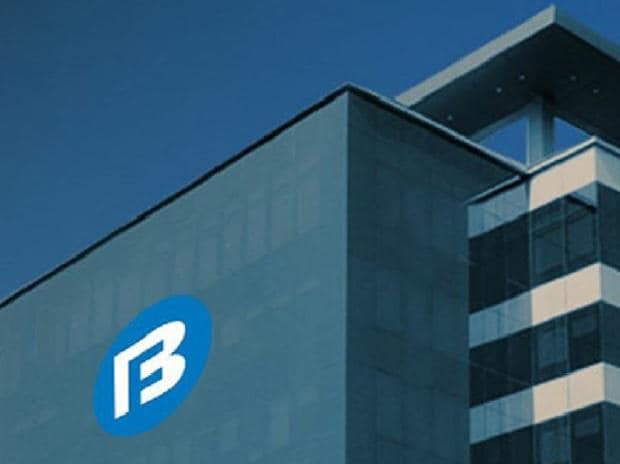Bajaj Finance Q3 results: Consolidated net profit up 22% at Rs 3,639 crore
Its stock closed 1.44 per cent up at Rs 7,187.5 per share on BSE
Bajaj Finance Ltd (BFL)’s consolidated net profit rose by 22 per cent year-on-year (Y-o-Y) to Rs 3,639 crore in the quarter ended December 2023 (Q3FY24) on healthy growth in net interest income (NII) and fees and commissions. The company had posted a net profit of Rs 2,973 crore in the same quarter a year ago.
Its stock closed 1.44 per cent up at Rs 7,187 a share on the BSE.
Its NII for the reporting quarter rose by 29 per cent to Rs 7,655 crore in Q3FY24 from Rs 5,922 crore in Q3FY23. Given the increase in risk weighting and higher incremental cost of funds, the company has increased rates across all portfolios by 20-30 basis points, BFL said in an analyst presentation.
The net interest margin continued to soften gradually on account of lagged effect of rising cost of funds in Q3FY24, BFL said in a statement.
Its assets under management (AUM) grew by 35 per cent Y-o-Y to Rs 3.1 trillion at end of December 2023 from Rs 2.3 trillion as of December 2022.
The number of new loans booked grew by 26 per cent to 9.86 million in Q3FY24 as against 7.8 million in Q3FY23. The total customer base expanded by 22 per cent Y-o-Y at 80.4 million as of December 31, 2023 compared to 66.0 million a year ago.
Its loan losses and provisions went up substantially to Rs 1,248 crore in Q3FY24 as against Rs 841 crore in Q3FY23. Loan losses for rural business to customer (B2C) segment continued to remain elevated. AUM growth of rural B2C segment (excluding gold loan) is down from 26 per cent in March 2023 to 10 per cent in December 2023. Urban B2C loan losses were higher in Q3 due to lower collection efficiencies. Overall, urban B2C portfolio remains in good health, according to an analyst presentation.
Its asset quality profile improved with gross non-performing assets (GNPAs) declining to 0.95 per cent in December 2023 from 1.14 per cent a year ago. Net NPAs were also down to 0.37 per cent from 0.41 per cent in December 2022.
The firm’s capital adequacy ratio (CAR) stood at 23.87 per cent with tier I of 22.8 per cent as of December 31, 2023. In November 2023, the Reserve Bank of India (RBI) increased risk weighting on consumer credit exposure from 100 per cent to 125 per cent which had an impact of 290 bps on CAR. Adjusted for this change, CAR would have been 26.77 per cent, BFL added.
First Published: Jan 29 2024 | 8:17 PM IST
